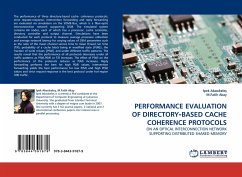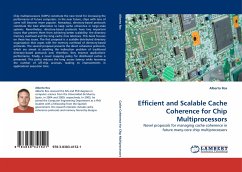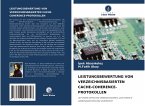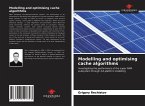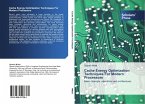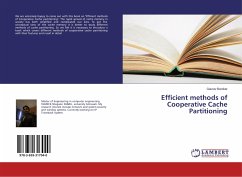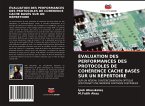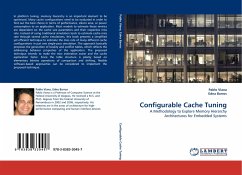The performance of three directory-based cache- coherence protocols; strict request-response, intervention forwarding and reply forwarding are evaluated via simulation on the SOME-Bus, which is a fiber-optic interconnection network supporting DSM. The simulated system contains 64 nodes, each of which has a processor, cache controller, directory controller and output channel. Simulations have been conducted for each protocol to measure average processor utilization and average network latency for varying values of DSM parameters such as the ratio of the mean channel service time to mean thread run time (T/R), probability of a cache block being in modified state {P(M)}, the fraction of write misses {P(W)} and under different traffic patterns. The results reveal that the performance of all protocols decreases under all traffic patterns as P(W),P(M) or T/R increases. The effect of P(W) on the performance of the protocols reduces as P(M) increases. Reply forwarding performs the best for high P(M) values, intervention forwarding yields the best performance for low P(M) and high P(W) values and strict request-response is the best protocol under hot-region (HR) traffic.
Bitte wählen Sie Ihr Anliegen aus.
Rechnungen
Retourenschein anfordern
Bestellstatus
Storno

